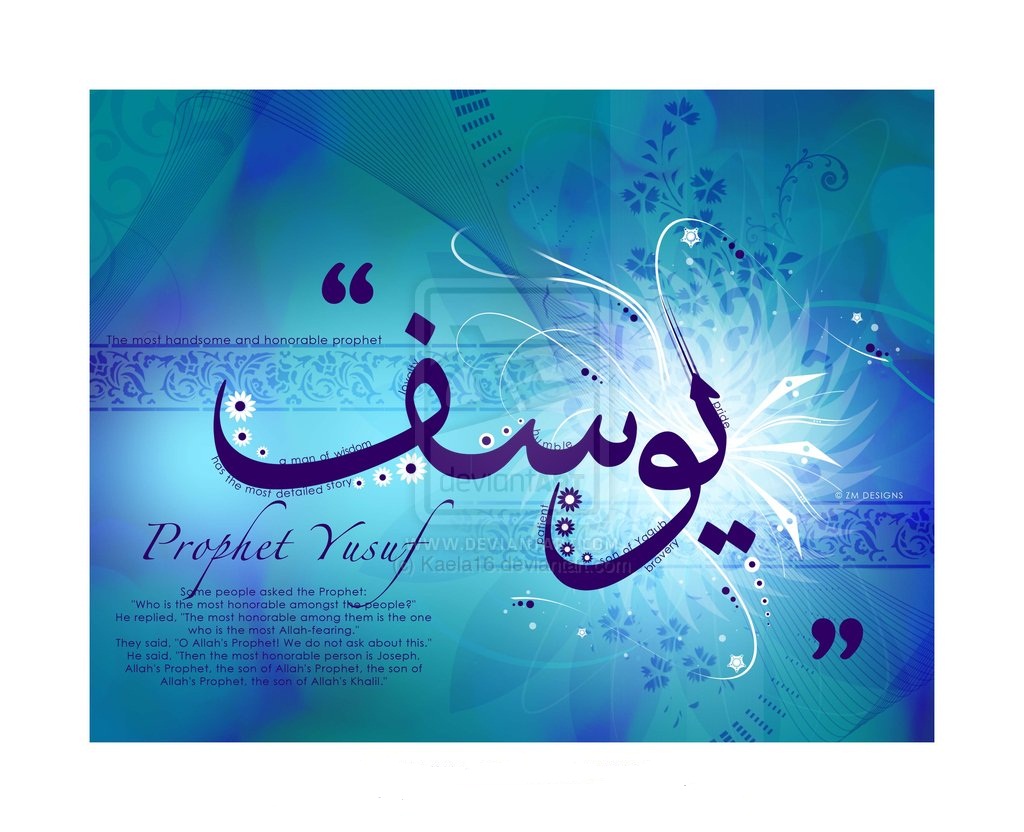
Sheikh Bilal Philips talks about good manners as being part and parcel of the Muslim character derived essentially from his creed.
Briefing the essence of the mission for which he was sent and the final goal of teachings which he preached, the Prophet Muhammad (peace be upon him) confirmed, “Indeed, I was sent for perfecting good manners.” (Ahmad) Therefore, the morals captured a sublime status in Islam as being essential part of the Muslim character.
The Prophet Muhammad set the ever best example of noble-mindedness and high moral standards. The narrations about his life recount numerous situations of his high moral characters. A great example of his forgiveness and perseverance is apparent when he pardoned the people of Makkah after its conquest. Although he and his companions were greatly abused, harmed and tortured, and had driven them out of the city of Makkah at their hands, but he said to them, “Go – you are free to do as you wish.” (Al-Bayhaqi)
Another situation of his forgiveness and forbearance is narrated by Anas ibn Malik who said: “Once, I was walking with the Messenger of God (peace be upon him) while he was wearing a Yemeni cloak with a collar with rough edges. A Bedouin grabbed him strongly. I looked at the side of his neck and saw that the edge of the cloak left a mark on his neck. The Bedouin said, ‘O Muhammad! Give me [some] of the wealth of God that you have.’ The Messenger of God (peace be upon him) turned to the Bedouin, laughed and ordered that he be given [some money].” (Al-Bukhari)
In this video, Sheikh Bilal Philips talks about good manners as being part and parcel of the Muslim character derived essentially from his beliefs. The fourth of the pillars of faith is to believe in the Messengers and Prophets of God, from Adam to Prophet Muhammad (peace be upon them). This faith instructs him to follow on their steps, learn from their characters and get enlightened by their high morals and good treatment with people.







